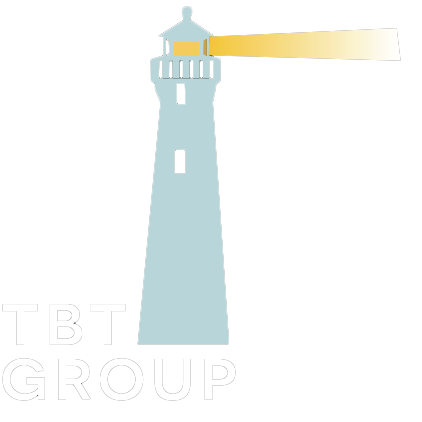Partnerships
TBT partners with other manufacturers, as a supplier of piezoelectric materials, elements and components, so those companies can incorporate TBT materials into their electronic equipment/systems that are delivered to consumer, industrial, energy, medical and defense markets. For instance, TBT manufactures lead zirconate titanate (PZT) discs for fish finders manufactured by a large consumer electronics maker selling into the recreational consumer markets. Similarly, the Company makes Barium Titanate domes that are used as an element in an advanced sonar system unit manufactured by a Tier III defense contractor, which is in turn sold to a defense prime contractor selling to the United States Department of Defense (“US DoD”).
Over time, TBT has established relationships with multiple educational and governmental institutions in the development of its methods, designs, processes, and products. Specifically, the Company has worked with Rowan University, Drexel University, Carnegie Mellon University and Rutgers University, as well as the US Department of Agriculture (“USDA”) and US DoD. For example, TBT currently has a material transfer agreement (“MTA”) with the USDA for the development of piezoelectric biosensors for the detection of pathogens.
TBT has also begun advanced development with General Motors to explore if a product can be devised that would extend the life of a lead acid battery by employing piezoelectrics. TBT has also worked with Strattec to develop certain types of sensor components for utilization in vehicles regarding a broad range of applications. Among other special projects, work has been done developing proprietary production processes regarding ultra-low dielectric materials where energy absorbing characteristics can be employed in coatings for more effective detection-cloaking capabilities.
Applications for the biosensor include, but are not limited to: food safety, contagion detection, drinking water testing, and bio/chem detection on the battlefield. The Company is currently working with a large food processing company and others on trials of the product and its variants. Ultimately, TBT anticipates licensing this technology to a more focused industry participant.
